Home>Gardening & Outdoor>Landscaping Ideas>What Type Of Compost Is Best For Lawns
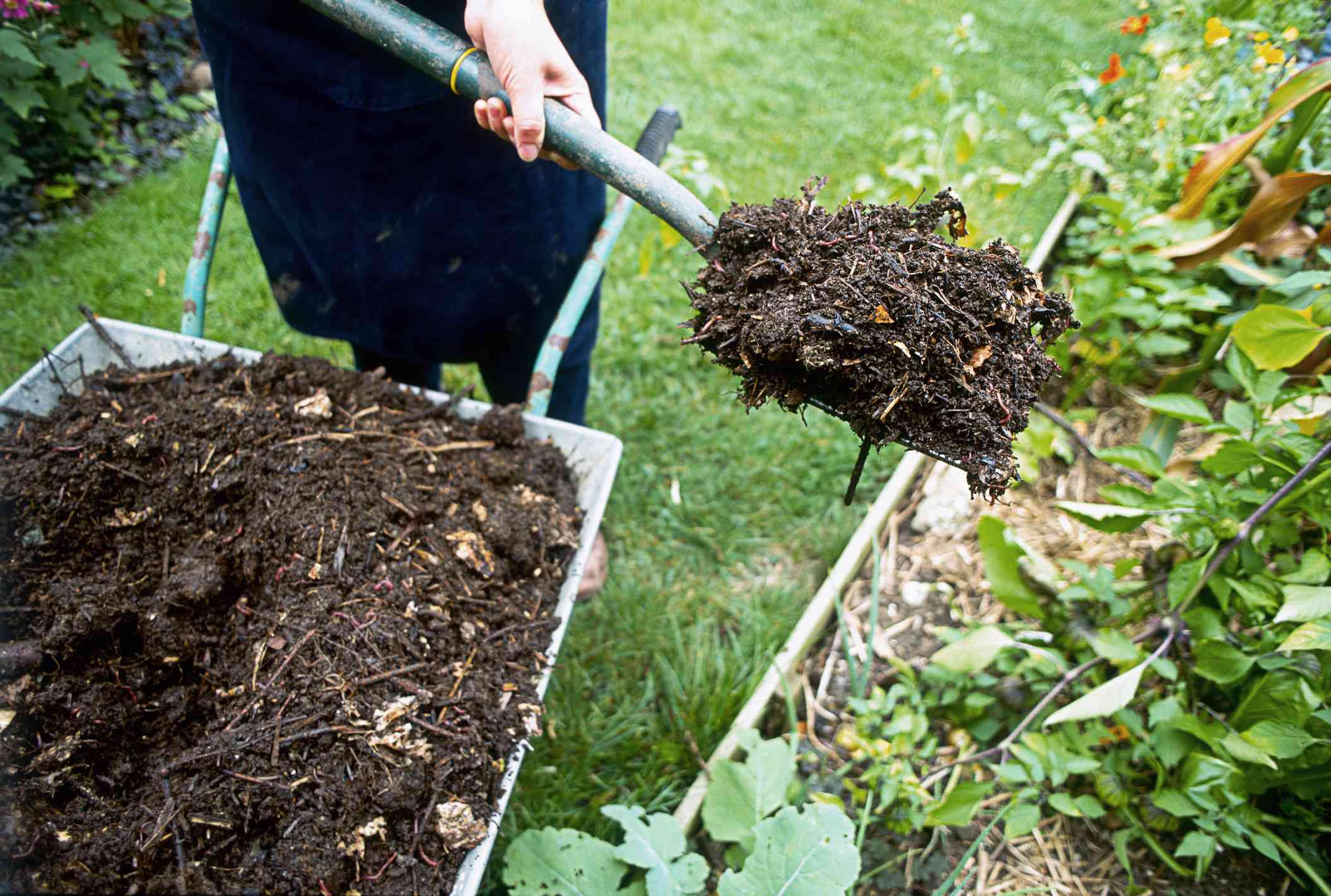

Landscaping Ideas
What Type Of Compost Is Best For Lawns
Modified: January 9, 2024
Discover the best compost for your lawn with our expert landscaping ideas. Find out how to improve your lawn's health and appearance today!
(Many of the links in this article redirect to a specific reviewed product. Your purchase of these products through affiliate links helps to generate commission for Storables.com, at no extra cost. Learn more)
Introduction
Welcome to the world of lush, vibrant lawns! If you’re a homeowner or a landscaping enthusiast, you likely understand the importance of nurturing a healthy, green lawn. One of the most effective ways to achieve this is by utilizing compost. Compost is a miraculous natural fertilizer that can work wonders for your lawn, promoting robust growth, vibrant color, and improved soil structure. In this article, we’ll explore the different types of compost that are best suited for lawns, the benefits of using compost, and the best practices for applying it to your lawn. By the end, you’ll be equipped with the knowledge to transform your lawn into a verdant paradise.
Key Takeaways:
- Transform your lawn into a lush paradise by using compost, which improves soil structure, provides essential nutrients, and reduces the need for chemical fertilizers. Embrace sustainable practices for a vibrant, healthy ecosystem.
- Choose the right compost for your lawn’s unique needs, such as manure-based, leaf mold, municipal, grass clipping, or food waste compost. Follow best practices for application to ensure robust grass growth and a thriving, resilient lawn.
Read more: What Type Of Compost Bin Is Best
Benefits of Using Compost on Lawns
Using compost on lawns offers a myriad of benefits that contribute to the overall health and beauty of your outdoor space. Here are some of the key advantages:
- Improved Soil Structure: Compost enhances soil structure, promoting better aeration and water retention. This, in turn, allows the grassroots to penetrate the soil more easily, leading to healthier and more resilient turf.
- Natural Nutrient Source: Compost is a rich source of organic nutrients, providing your lawn with a balanced diet of essential elements such as nitrogen, phosphorus, and potassium. These nutrients are released slowly, offering long-term nourishment to the grass.
- Enhanced Microbial Activity: Compost fosters the growth of beneficial microorganisms in the soil, which aid in breaking down organic matter and making nutrients more accessible to the grass roots.
- Reduced Soil Erosion: By binding soil particles together, compost helps to prevent erosion, especially on sloped lawns. This can be particularly beneficial in areas prone to heavy rainfall or wind.
- Environmental Benefits: Utilizing compost reduces the need for chemical fertilizers, thereby minimizing the risk of water pollution and promoting a more sustainable approach to lawn care.
- Disease Resistance: A well-nourished lawn is better equipped to resist diseases and pest infestations, leading to reduced reliance on pesticides and herbicides.
By incorporating compost into your lawn care routine, you can enjoy these benefits while contributing to the overall well-being of your local ecosystem.
Types of Compost for Lawns
When it comes to choosing the right compost for your lawn, it’s essential to consider the specific needs of your grass and soil. Here are some common types of compost that are well-suited for promoting a healthy lawn:
- Manure-Based Compost: Compost derived from well-aged animal manure is a popular choice for lawns. It provides a balanced mix of nutrients and organic matter, promoting healthy grass growth. However, it’s important to ensure that the compost has been properly aged to eliminate any risk of burning the grass due to high ammonia content.
- Leaf Mold Compost: Leaf mold compost is created by decomposing leaves over an extended period. This type of compost is rich in essential minerals and is particularly effective in improving soil structure and water retention, making it an ideal choice for lawns that require enhanced moisture retention.
- Municipal Compost: Many municipalities produce compost from organic waste collected from residents. This compost is often rigorously tested to ensure its safety and quality. It’s a convenient and sustainable option for homeowners looking to enrich their lawns with organic matter.
- Grass Clipping Compost: Composting grass clippings from your lawn is a cost-effective way to recycle organic material and create a nutrient-rich amendment for your lawn. Grass clipping compost is high in nitrogen, making it an excellent choice for promoting vigorous grass growth.
- Food Waste Compost: Compost made from food scraps and kitchen waste can be a valuable addition to your lawn care regimen. It provides a diverse array of nutrients and organic matter, contributing to overall soil health and fertility.
Each type of compost offers unique benefits, so it’s important to assess your lawn’s specific requirements and choose a compost that aligns with those needs. By selecting the right compost, you can maximize the positive impact on your lawn’s health and vitality.
Choose a compost with a balanced mix of green and brown materials, like grass clippings and leaves. This will provide the necessary nutrients for a healthy lawn.
Best Practices for Applying Compost to Lawns
Applying compost to your lawn requires careful consideration and proper technique to ensure optimal results. Here are some best practices to keep in mind when incorporating compost into your lawn care routine:
- Timing: Aim to apply compost in the early spring or fall when the grass is actively growing. These periods provide the best conditions for the grass to benefit from the nutrients and organic matter present in the compost.
- Preparation: Before applying compost, mow the lawn to a moderate height and remove any thatch or debris. This allows the compost to make direct contact with the soil, maximizing its effectiveness.
- Even Distribution: Use a spreader or rake to evenly distribute the compost across the lawn. This ensures that all areas receive a consistent layer of organic matter, promoting uniform growth and health throughout the turf.
- Depth: Aim to apply a layer of compost that is approximately 1/4 to 1/2 inch thick. This depth allows the compost to integrate with the soil without smothering the grass or impeding water penetration.
- Watering: After applying the compost, water the lawn thoroughly to encourage the nutrients to percolate into the soil. This helps the grass roots access the organic matter and promotes rapid assimilation of the compost into the soil structure.
- Monitoring: Keep an eye on the lawn following the compost application. Observe the grass’s response and adjust your watering and maintenance practices as needed to support healthy growth.
- Regular Maintenance: Incorporate compost application into your regular lawn care schedule. Periodic applications, typically once or twice a year, can help maintain soil fertility and support ongoing grass health.
By following these best practices, you can ensure that the compost effectively nourishes your lawn, leading to a resilient, vibrant, and thriving turf that enhances the beauty of your outdoor space.
Conclusion
Incorporating compost into your lawn care regimen is a sustainable and effective way to promote the health and vitality of your grass. By leveraging the benefits of compost, you can improve soil structure, provide essential nutrients, and foster a thriving ecosystem within your lawn. Whether you opt for manure-based compost, leaf mold compost, municipal compost, grass clipping compost, or food waste compost, the key is to select a type that aligns with your lawn’s unique needs.
When applying compost to your lawn, it’s crucial to follow best practices such as timing the application, ensuring even distribution, and monitoring the grass’s response. This approach will maximize the impact of the compost, leading to robust grass growth and a resilient, lush lawn that enhances your outdoor environment.
As you embark on your composting journey, remember that the benefits extend beyond your lawn. By reducing the need for chemical fertilizers and promoting sustainable practices, you contribute to a healthier, more vibrant ecosystem. Embracing composting as a fundamental aspect of lawn care empowers you to create a greener, more sustainable environment while enjoying the beauty of a thriving lawn.
So, whether you’re a seasoned lawn care enthusiast or just beginning to explore the world of composting, integrating compost into your lawn maintenance routine can yield remarkable results. With the right knowledge and approach, you can transform your lawn into a verdant oasis that enriches your outdoor experience and contributes to the well-being of the environment.
Frequently Asked Questions about What Type Of Compost Is Best For Lawns
Was this page helpful?
At Storables.com, we guarantee accurate and reliable information. Our content, validated by Expert Board Contributors, is crafted following stringent Editorial Policies. We're committed to providing you with well-researched, expert-backed insights for all your informational needs.

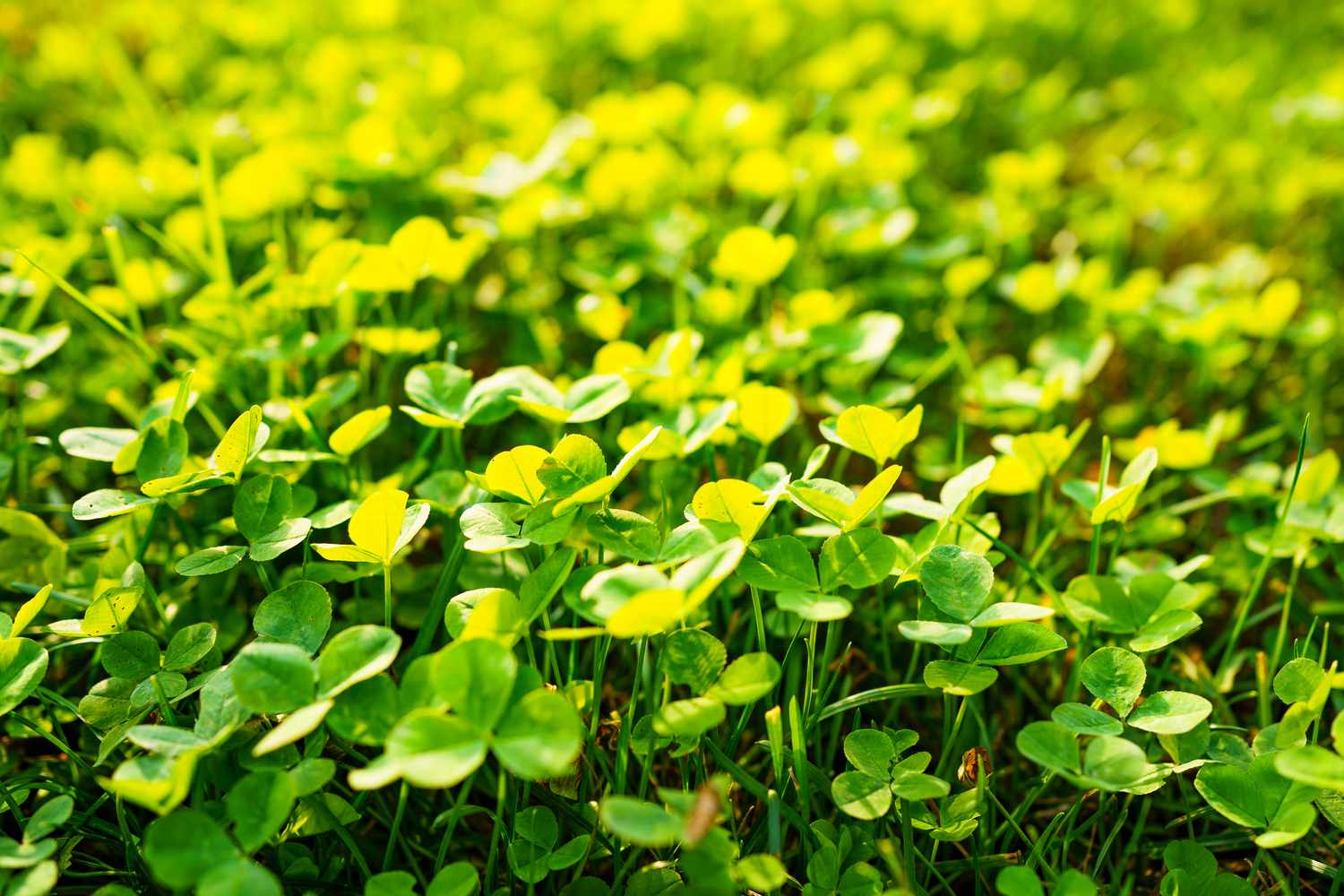
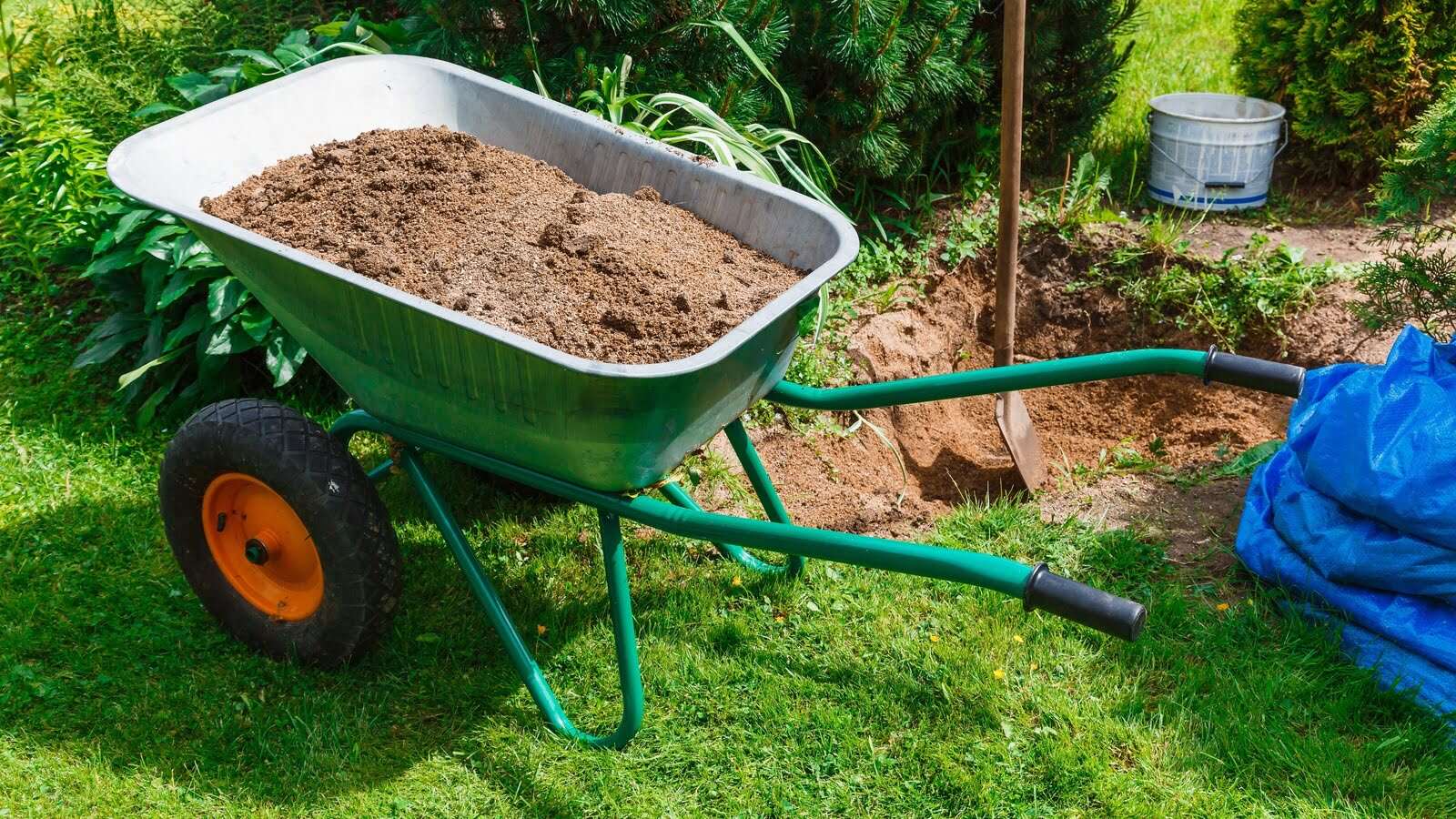

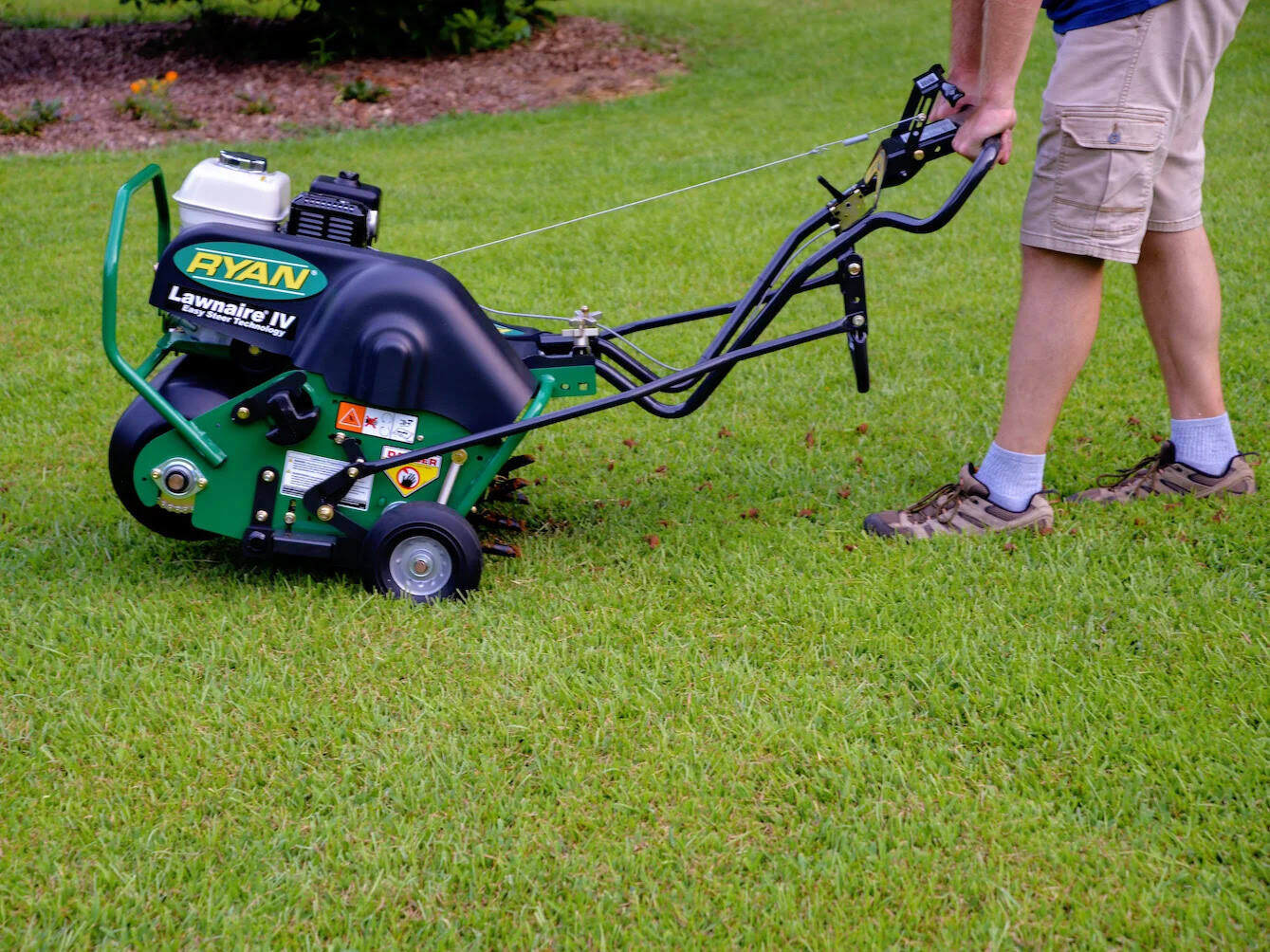
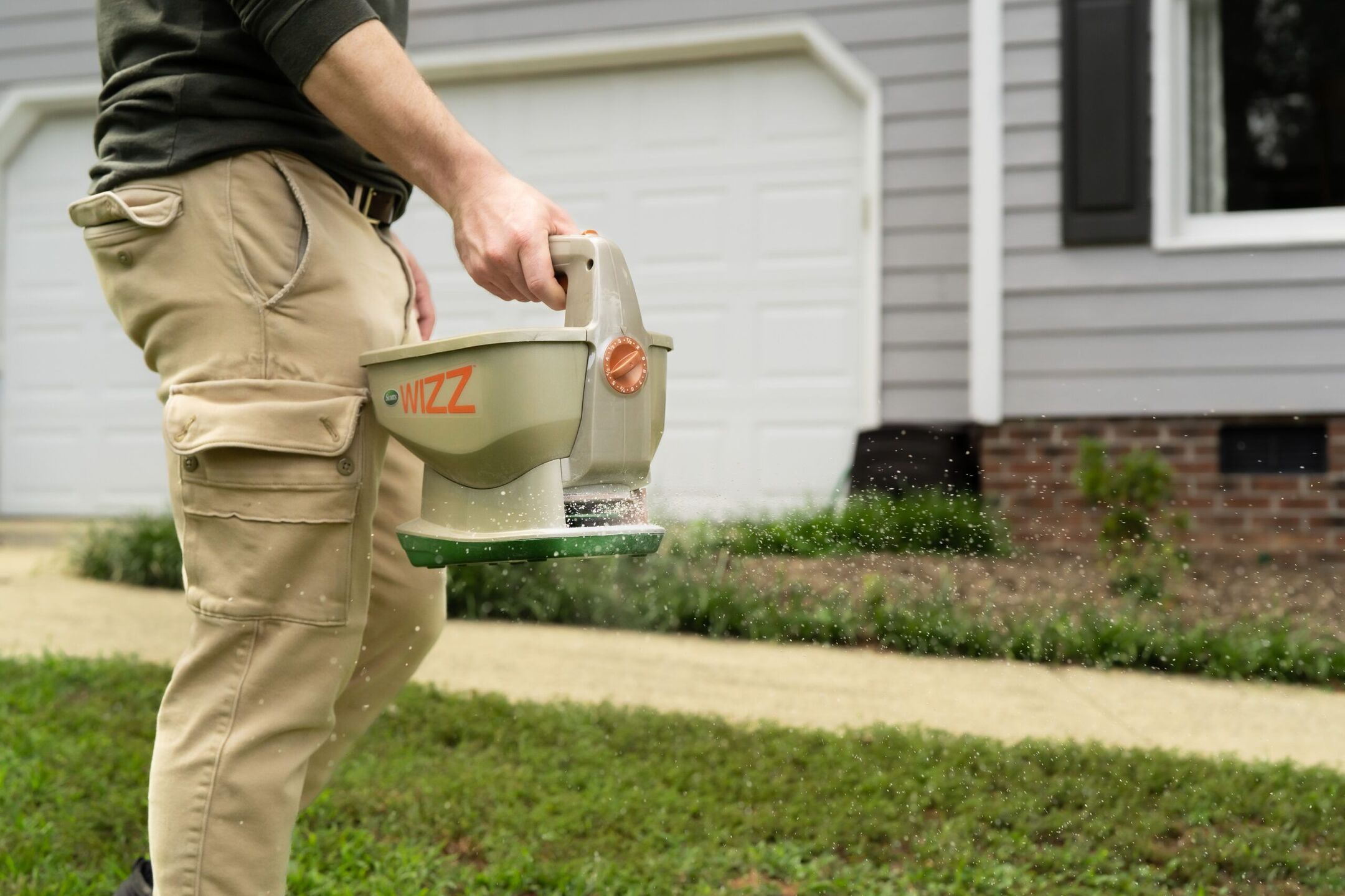
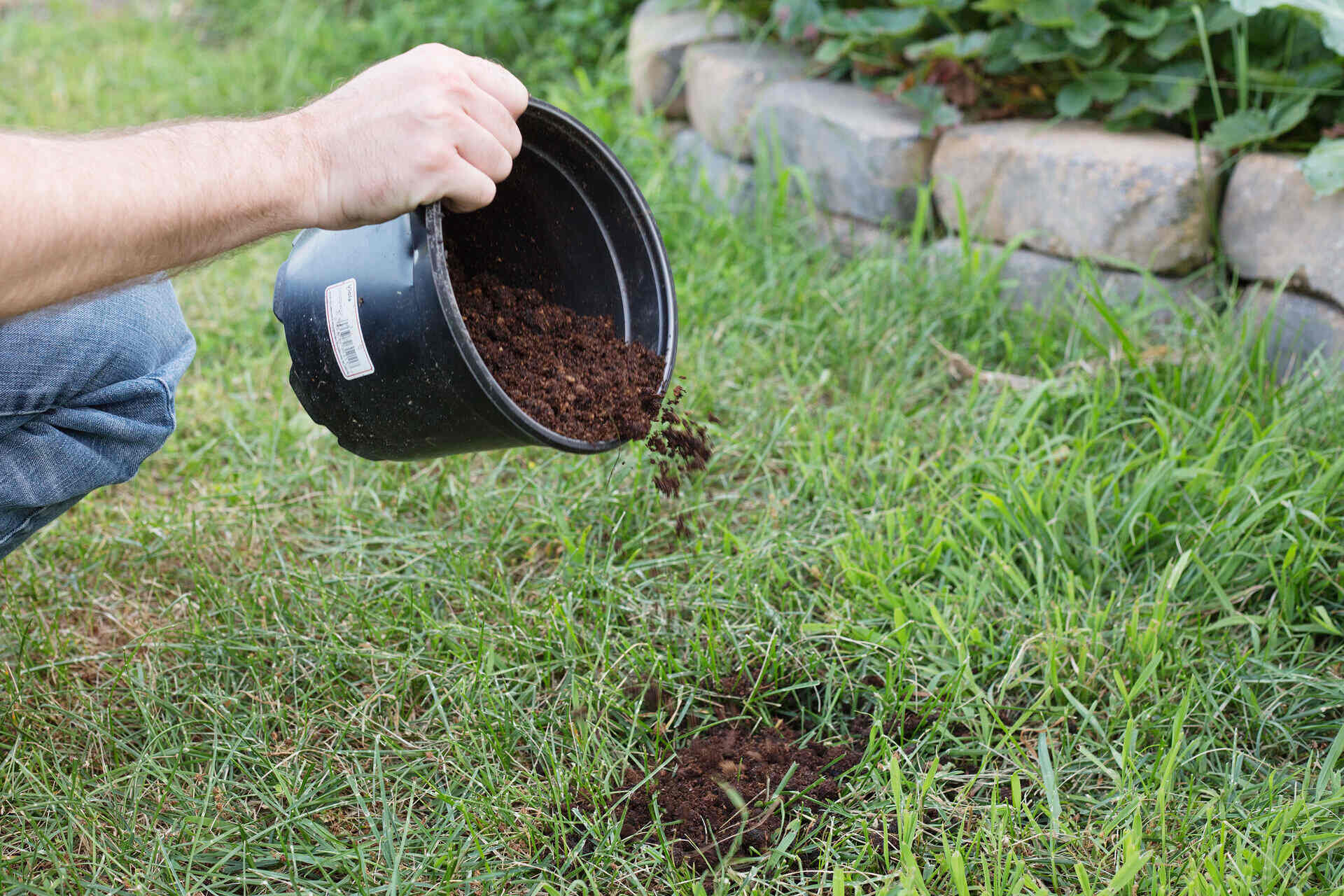
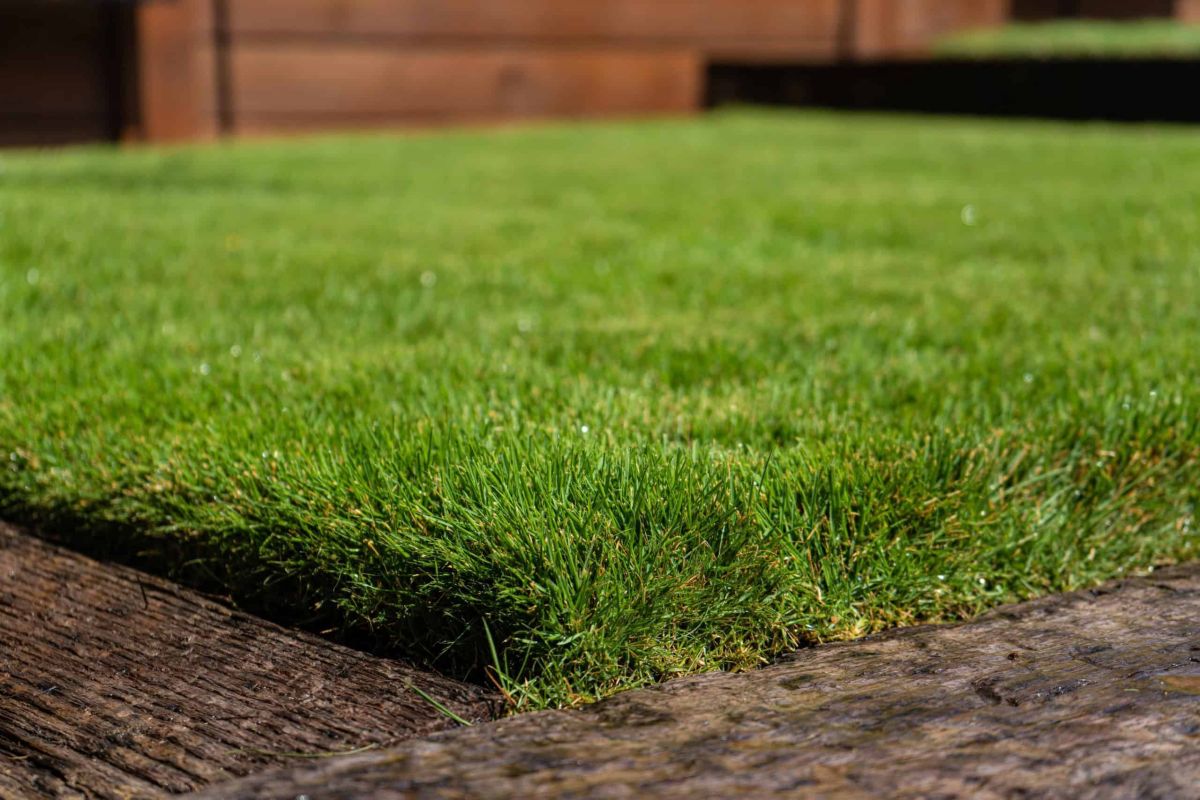








0 thoughts on “What Type Of Compost Is Best For Lawns”